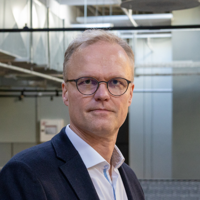
BUILDING LCA
At Symetri, we understand the importance of sustainability in the construction industry. We offer services to help our customers address the environmental impact of buildings and building materials, as well as meet green building certifications and regulations that require LCA as a mandatory part of planning in various countries. Our expert guidance and support enable you to make environmentally responsible decisions for your building projects.













